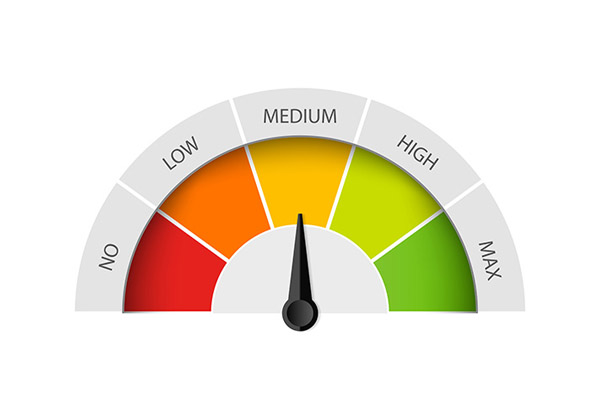CIBIL aims to bring in more transparency to the loan approval process in the country, in that customer now have an understanding of the seminal factors which lenders analyse to gauge creditworthiness. CIBIL reports, generated on a monthly basis (as mandated by the RBI), help lenders evaluate and approve or reject loan applications, as the case may be. However, there are several myths associated with CIBIL which need to be busted.
Some of the common myths associated with CIBIL are the following:
CIBIL maintains a record of defaulters
Any customer who has opted for a loan or credit card will find details of his credit history with CIBIL but many wrongly believe that CIBIL has a record of defaulters. The truth is information about an individual’s credit history is collated to help him make informed decisions and avail cheaper loans. It is, by and large, the prerogative of the bank or financial institution to evaluate the CIR and credit score on the basis of their credit policies.
Being a co-borrower has no impact on my credit score
One needs to be very clear when signing up as a co-borrower. Even in case of second or third co-applicant, the liability to pay rests with all the borrowers. In the event of default, the credit score for all co-borrowers get impacted.
CIBIL is meant to support banks and financial institutions only
CIBIL reports and scores not only help banks make financially viable decisions but also enable customers maintain financial discipline and thereby increase their chances of loan approvals. CIBIL scores, therefore, make the process of loan approvals less opaque. Customers can avoid loan rejections owing to lack of a healthy credit history or missed payments since it reflects on their CIBIL score.
CIBIL is fully authorized to make corrections in individuals’ credit report
CIBIL is not authorized to make any changes to an individual’s report unless approved by a bank or financial institution. CIBIL can, therefore, only help facilitate the process.
Credit score will be excellent if I do not have any credit cards or loans
Credit scores is expression of one’s credit behaviour over a period of time. The data available with credit bureaus is taken into account to predict how one is going to behave on new credit facility and chances of him defaulting over a period of time. Not having any credit accounts would directly indicate that the person does not have any exposure to credit and predicting how he would perform on a new credit facility in future shall not be possible.
In the absence of an active loan or credit card, the credit scores are bound to be low and this can negatively impact the approval of a loan request.
Low CIBIL scores damage one’s credit standing for keeps
A low CIBIL score is not set in stone. CIBIL scores will change as and when your credit history improves. Also, since banks and financial institutions request a CIBIL score only while evaluating an individual’s loan application, they will have access to updated information.
CIBIL scores are affected by assets/investments
A CIR comprises details pertaining to loans and credit cards. It does not factor in a customer’s investments, savings or current account. For instance, bounced cheques do not adversely impact one’s credit score. However, a missed EMI or credit card payment will affect the credit card score.
CIBIL scores are the only determining factor for evaluating loan application
CIBIL score helps banks assess risks and as a result enhance operational efficiencies and lower costs. In addition to their underwriting policies, lenders take into account several factors such as the income of the borrower among many others.
The negative accounts on my CIBIL report purge after 7 years and have no impact on my credit score
In evolved economies where the credit bureaus have been present for decades, the delinquent accounts do get purged after a stipulated time frame (normally 7 years). In developed economies there are specific government policies around credit scores. However, that is not the case in Indian context. A loan or credit facility with missed payments is likely to continue to reflect on the bureau report and impact your credit score (irrespective of how long ago they have been closed).
Applying for loans left, right and centre is bad for your credit score
Many believe that applying for loans from multiple lenders increases the likelihood of acquiring a loan. However, several lenders checking out your credit history adversely affects your CIBIL score as part of a ‘hard’ inquiry. It is, therefore, important to ensure that you do not apply for loans simultaneously from multiple lenders.
Paying in cash for my purchases (rather than using my credit card) will help me build my credit score
A cash transaction does not have any impact on your credit score. On the contrary, if you use a credit card to buy a product or service it may have a positive impact on your credit score (provided you pay back in time on this card and other accounts as well)
Zero credit is ideal
Lenders typically look for responsible credit behaviour and regular payments rather than no credit or loans. A proven clean track record is the ideal scenario than no credit history at all.
CIBIL score is generic in that it can be used for several transactions such as home loans, credit cards, personal loans and car loans among others. CIBIL score can be used by banks during all stages of the credit lifecycle (approval, account management, collection and so forth).

